Relationships require understanding. The word understanding is not just a word — it means being able to see from another person’s perception and mindset. If you have the art and ability to understand others, you will live a better life.
Why Self-Understanding is the Foundation of All Strong Relationships
Start by understanding your own life.
If you truly understand yourself, you can easily understand others. This self-awareness is also crucial for becoming a great leader who can guide and inspire others effectively. When you know what kind of mindset you have, it becomes easier to understand what kind of mindset others have.So, understanding begins with yourself and then extends to others. Unfortunately, many people don’t think this way. They don’t want to take the time or effort to understand others.But for me, it doesn’t matter how others think about me. What matters is how much I try to understand them — that effort really matters to me
Breaking the Cycle of Relationship Misunderstandings
Most relationship conflicts stem from assumptions. We assume we know what someone means, what they’re feeling, or why they acted a certain way. But assumptions are dangerous because they’re often wrong. They create walls instead of bridges.
When I decided to replace assumptions with curiosity, my relationships transformed. Instead of thinking “They’re being difficult,” I started asking “What might they be going through?” This simple shift opened doors to conversations I never thought possible.
How to Read People’s Minds: Essential Tools for Understanding Others
What Kind of Tool I Use
I try to understand how other people’s minds work. What kind of mental tools or approaches do they use?I observe how someone thinks, how they solve problems, and how they explain their ideas. I also pay attention to how they talk about life and their experiences.Through researching and observing these things, I discover insights that help me define my own goals and results. Understanding others, in turn, helps me understand myself even more deeply.I try to understand how other people’s minds work. What kind of mental tools or approaches do they use?
I observe how someone thinks, how they solve problems, and how they explain their ideas. This skill is enhanced by mastering the art of listening and understanding the deeper meaning behind people’s words. I also pay attention to how they talk about life and their experiences.Through researching and observing these things, I discover insights that help me define my own goals and results. Understanding others, in turn, helps me understand myself even more deeply.
Mastering the Art of Silent Communication
Then you need to try to understand, if you spend time, you can easily understand. You can understand even silence of other. It depends how do you spend time and try to understand. Silence speaks volumes if you know how to listen. Understanding the power of words includes knowing when silence communicates more than speech. Sometimes what people don’t say is more important than what they do say. A pause, a sigh, a change in posture—these moments reveal emotions that words might not capture.
Complete Guide to Emotional Control in Difficult Relationships
When we talk with someone who is struggling emotionally, we often get affected too. Their emotional instability can influence us, and if we’re not careful, we may lose control of our own emotions while trying to help them. Unfortunately, many people react by starting fights or hurting each other even more. But the first step is to understand and manage your own emotions. This emotional intelligence is essential when starting conversations with people who are going through difficult times. If you are not stable within yourself, how can you help someone else regain control?
Essential Questions for Navigating Emotional Situations
In these situations, I ask myself important questions:
What is going on?
Why is this person hurting so much?
I choose to listen — even to harsh words. This requires developing strong listening skills and understanding that sometimes people need to be heard more than they need advice. I choose to be patience — even when faced with a bad attitude. And above all, I don’t lose my emotional control. That’s the key.
Building a Joyful Life Through Deep Understanding
To live a joyful life, it’s essential to understand others deeply. Great leaders understand this principle – learn more about leadership qualities that build strong relationships and create positive environments. A home is not meant for conflict—it’s a place for growth and development. If you have a life partner (not just a love partner), understand that love is a part of life, but a life partner shares both pain and pleasure.
Couples who grow together through challenges and celebrate joys can truly live a fulfilling life. In such relationships, care and support play a crucial role in building a strong bond.
The Difference Between Partners and Life Partners
There’s a profound difference between someone you love and someone you build a life with. A life partner is someone who stands with you through every season—the beautiful spring days and the harsh winter storms. They’re not just there for the good times; they’re there when life gets messy, complicated, and challenging.
True Love vs. Ordinary Love: What Drives Souls
Ordinary love may attract the body, but true love connects souls. When you truly love someone, you never truly lose them. Even if there are disagreements or conflicts, you feel their pain, worry about their well-being, and care about their daily life—whether they eat, sleep well, go for shopping, or watch something they enjoy. You understand silence too—and that’s what builds a beautiful connection.
The Universal Power of Authentic Love
True love is connected with the universe. It brings peace, power, and resilience. Love gives us strength. If you are truly in love, you can overcome even the most painful challenges. You accept your partner not only for their good qualities but also with their flaws, traumas, and vulnerabilities. You never let go of their hand.
This unshakable bond becomes a source of strength that helps both partners navigate the toughest moments in life—together.
Understanding is the foundation of every meaningful relationship. When we take the time to truly see and hear others, we create connections that transcend surface-level interactions and build lasting bonds that enrich our lives.
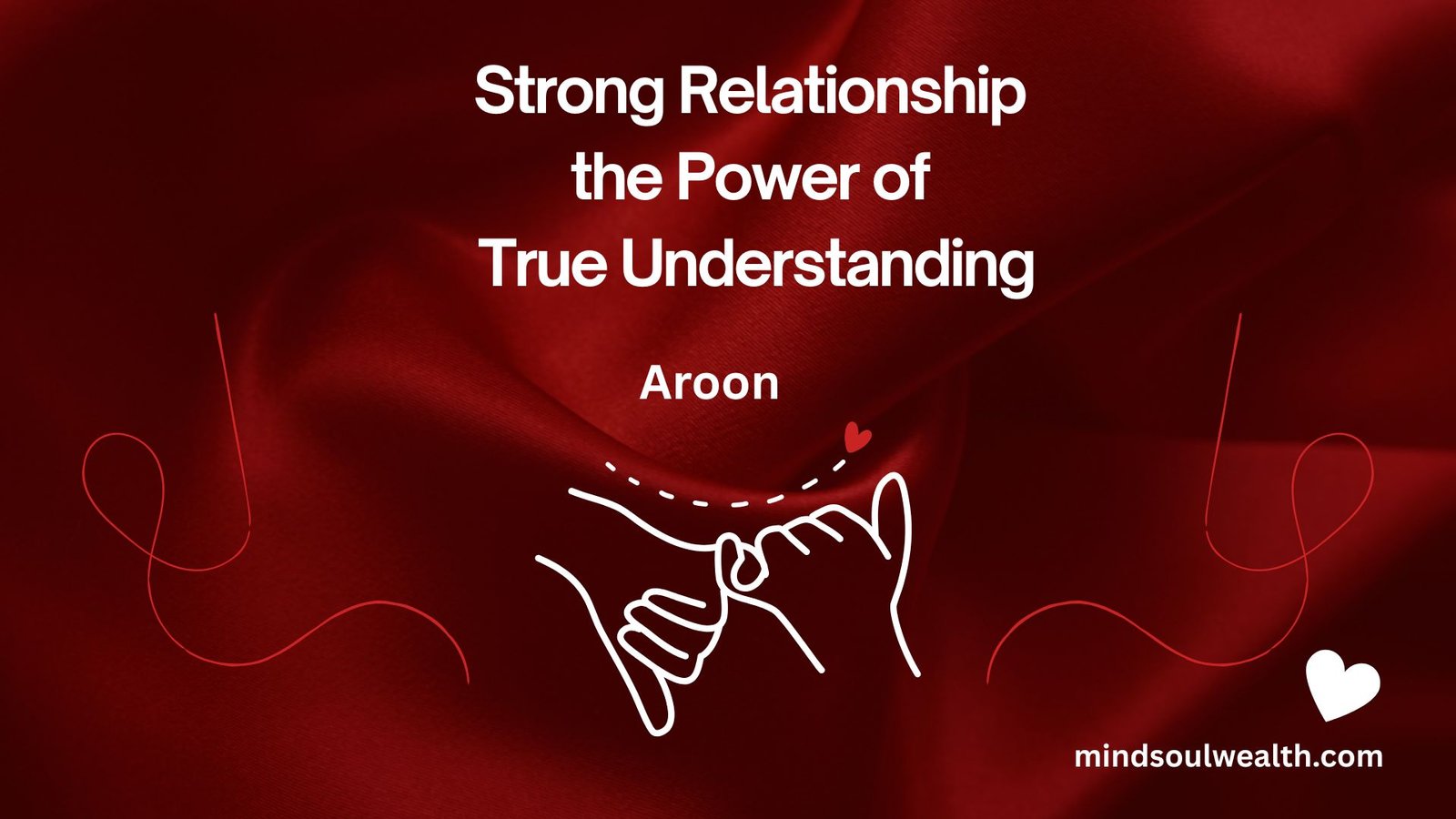
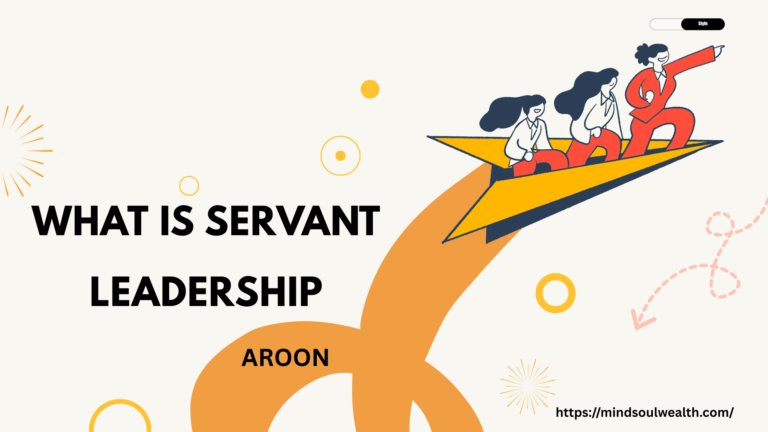
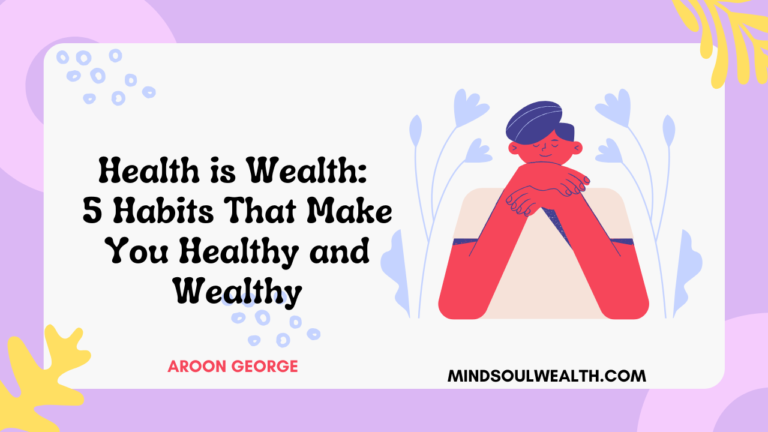
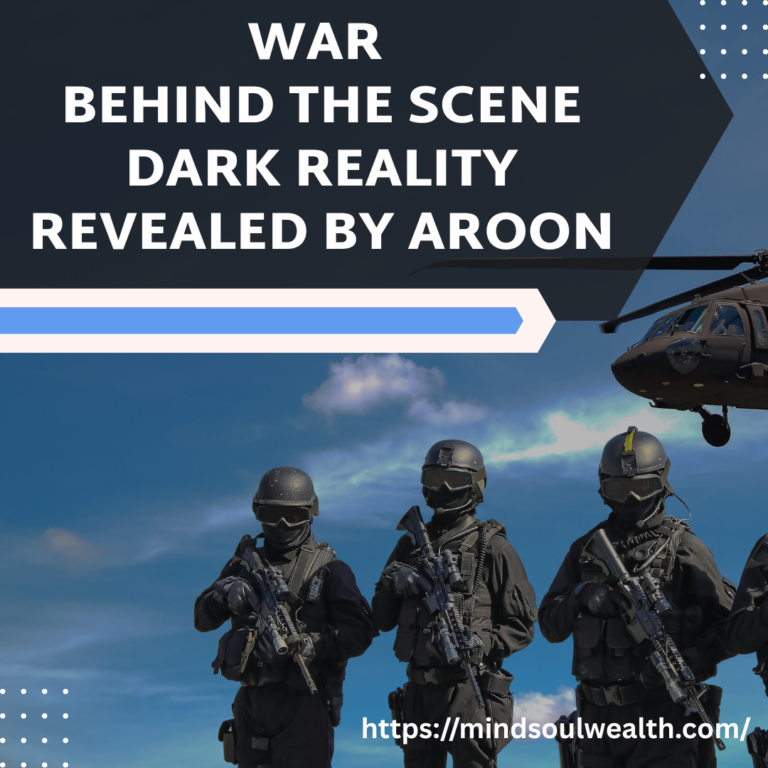

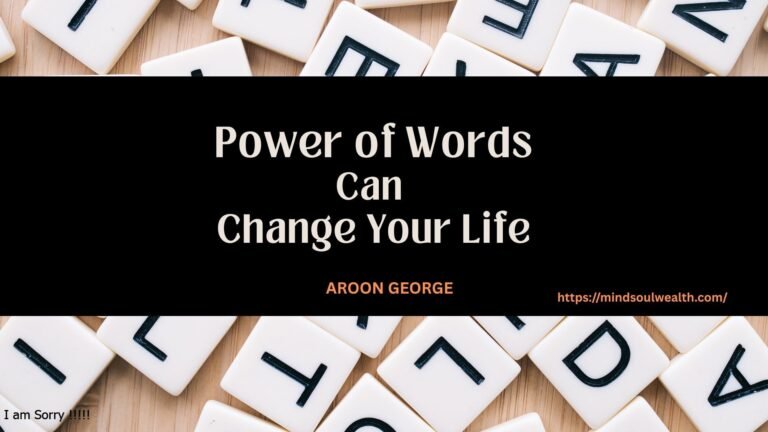
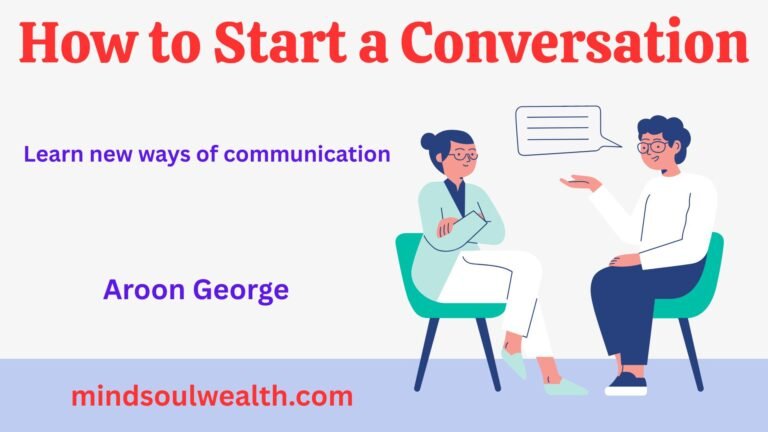
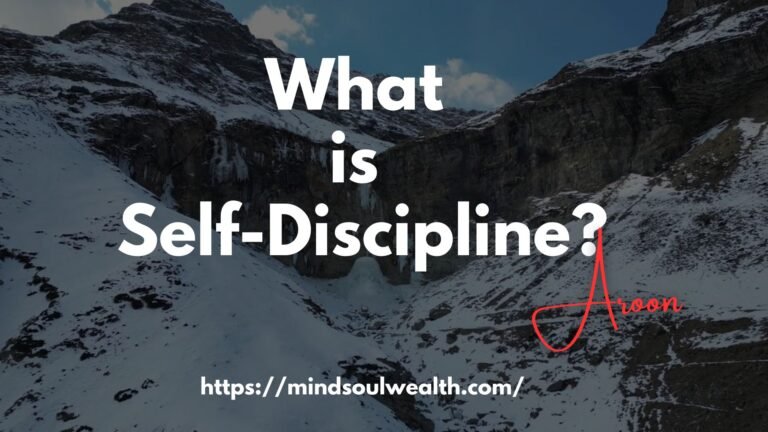
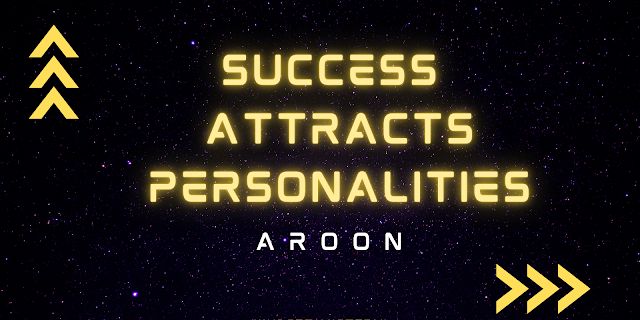

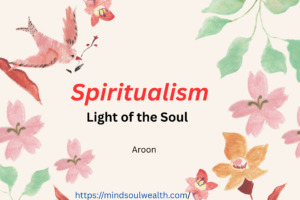
Understanding others starts with understanding yourself—that’s such a powerful idea. I’ve always believed that self-awareness is the foundation of empathy, but your perspective takes it a step further. It’s fascinating how you emphasize observing how others think and solve problems—it’s like decoding their mental framework. I wonder, though, how do you manage to stay emotionally detached when helping someone who’s struggling? It’s so easy to get swept up in their emotions. Your point about a life partner sharing both pain and pleasure really resonates with me—it’s a reminder that love isn’t just about the good times. Do you think this approach to understanding others can be applied in professional relationships as well? I’d love to hear more about how you’ve seen this play out in your own life.
This is such a thoughtful reflection on the importance of self-awareness and understanding others. I really appreciate how you emphasize starting with yourself before extending that understanding to others—it’s so true that many people skip this step. I also admire your approach to emotional control, especially when dealing with someone struggling emotionally. It’s not easy to stay patient and composed in those moments, but you’re right—it’s crucial. Your insight about couples growing together through challenges and joys is beautiful, but I wonder—how do you navigate situations where one partner is more willing to grow than the other? And how do you personally ensure you don’t lose your emotional balance when exposed to negativity? Your perspective is inspiring, but I’d love to hear more about your practical strategies.
P.S. We’ve integrated libersave into our regional voucher system, and it’s amazing how seamlessly it brings together various providers on one platform. It’s a game-changer for simplifying access to diverse services!
Interesting perspective on understanding others and oneself. I agree that self-awareness is the foundation for understanding others, but isn’t it also true that sometimes we project our own biases onto others? How do you ensure that your observations aren’t clouded by your own mindset? I admire the emphasis on patience and emotional control, especially in difficult conversations. Do you think this approach works in all situations, or are there exceptions? Also, how do you balance understanding others while maintaining your own boundaries? I’d love to hear more about your experiences with this.
We’ve integrated libersave into our regional voucher system. It’s amazing how easily it brings together various providers on one platform.